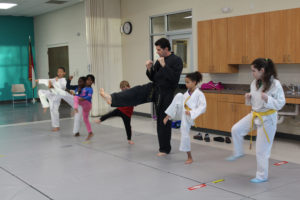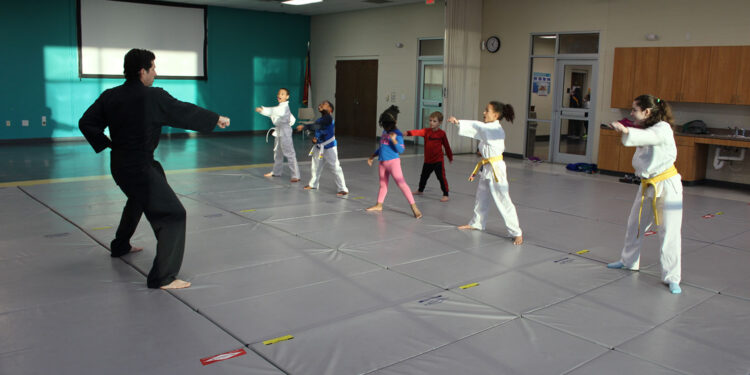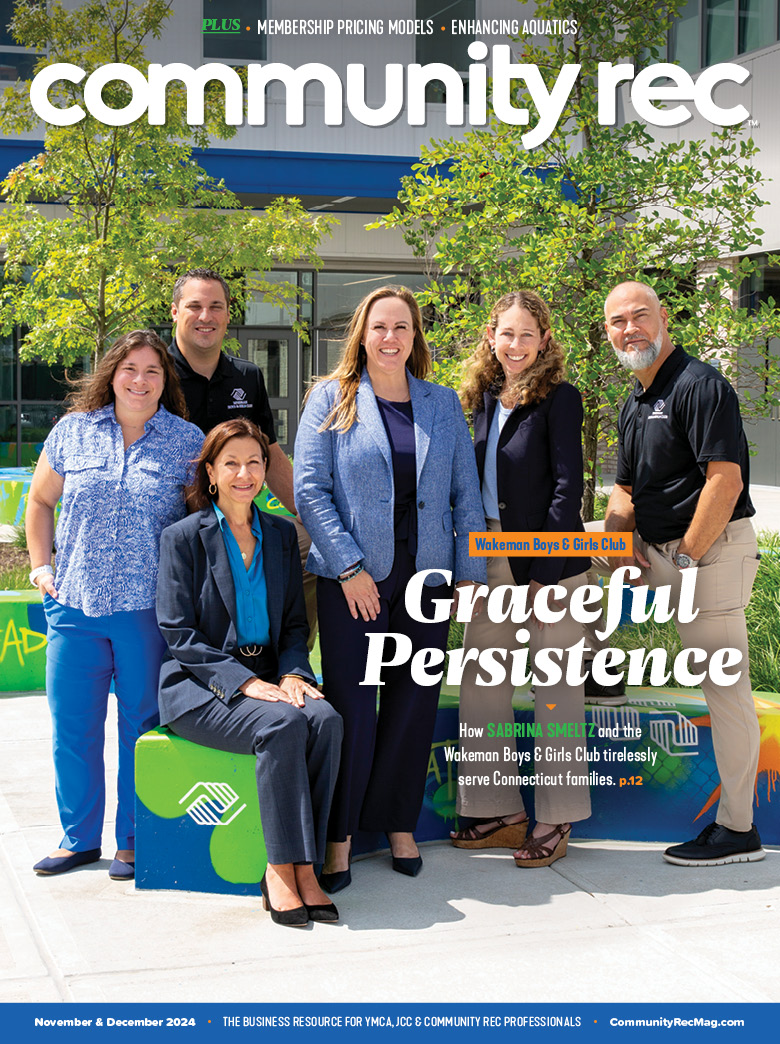Among the many youth sports programs available, martial arts is a widely offered class that has been working to gain popularity and attract more participants. While not as popular as a sport like basketball, martial arts are beneficial for kids in more ways than just physical activity.
This program teaches kids self-defense, discipline and how to gain personal development skills. When leading a martial arts program, it’s important these benefits reach the community to encourage participation.
According to Adam Crider, the youth development director at the Harrison Family YMCA, many participants are often involved in several extracurricular activities. “This has led us to give options in the number of classes per week that families can register for,” he said. He believes this should result in higher participation amounts.

Crider also uses other methods to try and drive participation. “We will at times run a promotion like bring a friend to class or try martial arts for free,” he said. But before you can have participation, you have to have the right instructors to lead.
Crider states they look for instructors with experience in the discipline of martial arts, first and foremost. “We talk to them about our mission as a YMCA and what we would like participants to get out of the program,” he said. “We want to make sure our goal as a YMCA aligns with the instructor’s goals, which in turn makes the program the best it can be.”
Once instructors and classes are in place, participants typically stay more involved once they witness the benefits of the program. “Martial arts in general takes a lot of hard work, dedication, and not so much the instant gratification many other sports and programs give kids,” said Crider. “If participants stick with it, they can see great changes not only in techniques, but great character growth as well.”
Overall, Crider emphasizes the most important aspects of running a martial arts program is setting goals and standards, and making sure to communicate those to participants and potential instructors.
“Martial arts is a delayed gratification sport, and students will not always stick with it,” said Crider. “But if you ask for feedback from the students and families, it will help you know how they feel the program is going and can help you make adjustments if needed.”










